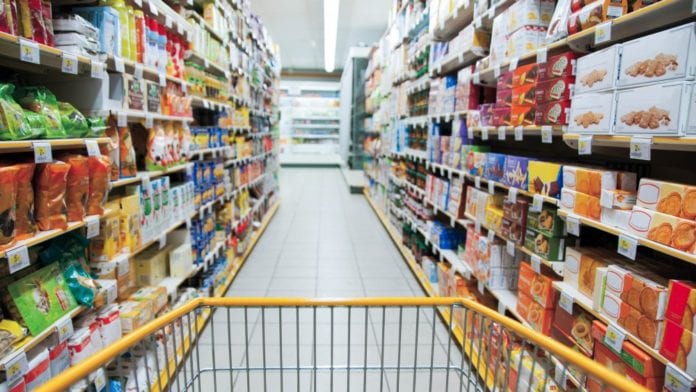(Nielson.com) – Consumers around the world are actively stockpiling emergency supplies as concerns grow that the Novel Coronavirus (COVID-19) could become a worldwide pandemic.
They’re also starting to think beyond emergency items, such as basic foodstuffs, including canned goods, flour, sugar and bottled water. Concerns are having a ripple effect into non-food essentials as well. In the U.S., sales of supplements, fruit snacks and first aid kits, for example, are all on the rise.
Nielsen’s initial investigation across major countries around the world has found significant spikes in the hoarding of emergency supplies is occurring in China, the U.S. and Italy, where consumers are rushing to build what are being labelled “pandemic pantries.”
We expect the rush to stock up to have an almost immediate impact on supply chains for manufacturers of the most sought-after goods. Stocks of hand sanitizers and medical face masks have already dried up in some markets, with no clear indication of when supplies will be replenished. …
Comments by the HHS and the U.S. Center for Disease Control and Prevention (CDC) during a press conference led by President Donald Trump on Feb. 26 noted that an escalation of the virus is a real possibility. The news came as the president considered tougher immigration measures to prevent non-U.S. travelers entering from affected countries. Then on Feb. 28, the World Health Organization (WHO) raised the global coronavirus risk level to “very high.”
In Italy, where the WHO has reported more than 1,120 cases, a Nielsen consumer survey found that only 17 percent of Italian consumers are concerned about the virus and the possibility of a widespread epidemic. That’s not to say the Italian public isn’t monitoring the situation, as 94 percent of consumers say they check for news updates at least once a day.
Additionally, there is a high level of confidence that the outbreak will be contained at the national level, largely due to the proactive efforts of consumers to wash their hands and prevent the spread of germs when coughing and sneezing. In Italy, sales of hand soap are up 29 percent and sales of thermometers are up 24 percent.
 Nielsen is also monitoring how the situation will affect e-commerce. While it’s too soon to detect any meaningful shifts in online purchasing in the U.S., we do expect online shopping to rise as people become increasingly interested in reducing their exposure to others, as the virus appears to be spread via coughs and sneezes. …
Nielsen is also monitoring how the situation will affect e-commerce. While it’s too soon to detect any meaningful shifts in online purchasing in the U.S., we do expect online shopping to rise as people become increasingly interested in reducing their exposure to others, as the virus appears to be spread via coughs and sneezes. …
“Because shopping behavior is so much different than during the SARS outbreak, and because the government started to control the issue sooner, we think the retail impact cycle will be shorter,” said Ryan Zhou, vice president, Consumer Packaged Goods, Nielsen China.
“Store sourcing is also much different today, and online suppliers have reacted very, very quickly by offering store owners, for example, mobile applications for sourcing orders. So online has really helped suppliers react and adjust their supply systems in ways that didn’t exist during SARS.”
It’s a fluid time, and retailers are balancing between keeping enough of the most sought-after supplies on their shelves while making contingency plans for longer-term gaps in their product portfolios.
Fresh foods, for example, will face challenges as shoppers steer away from anything that may have travelled long distances, such as fruit and vegetables, or may have been exposed to the airborne virus.
We also expect products that come off factory lines or go through distribution systems in impacted countries to face challenges.
(To read the full story of Nielsen’s investigation, visit https://bit.ly/38pdzAi.)



